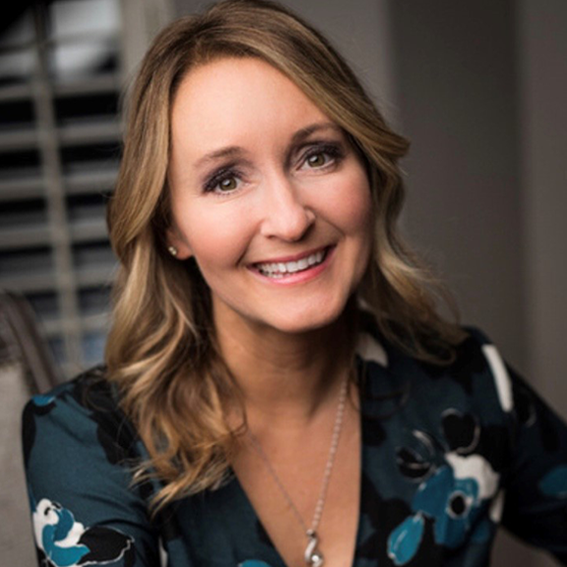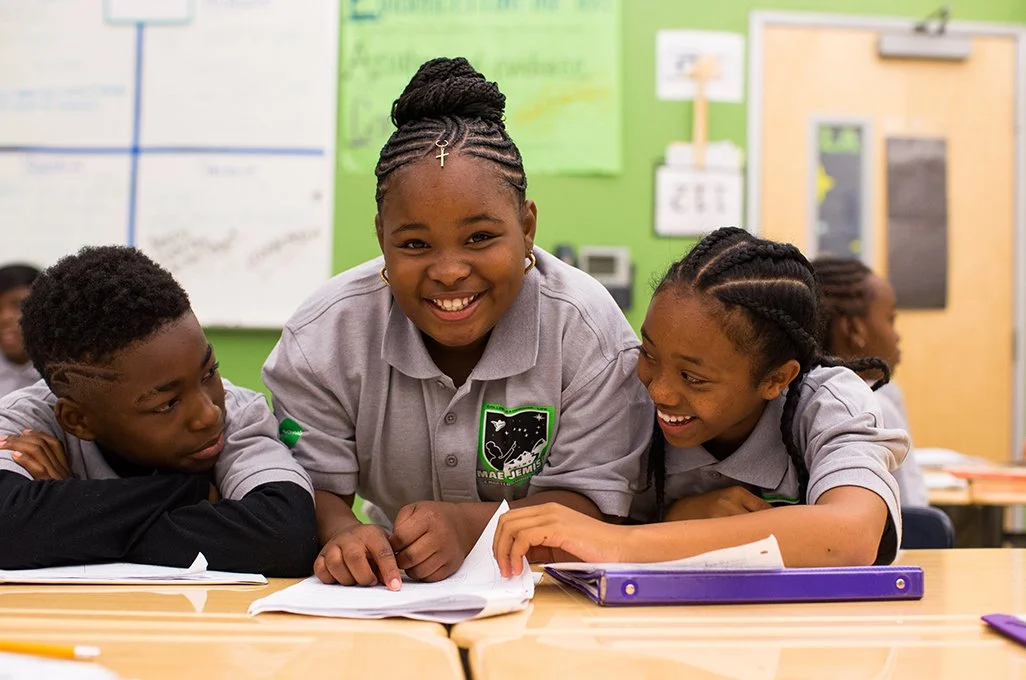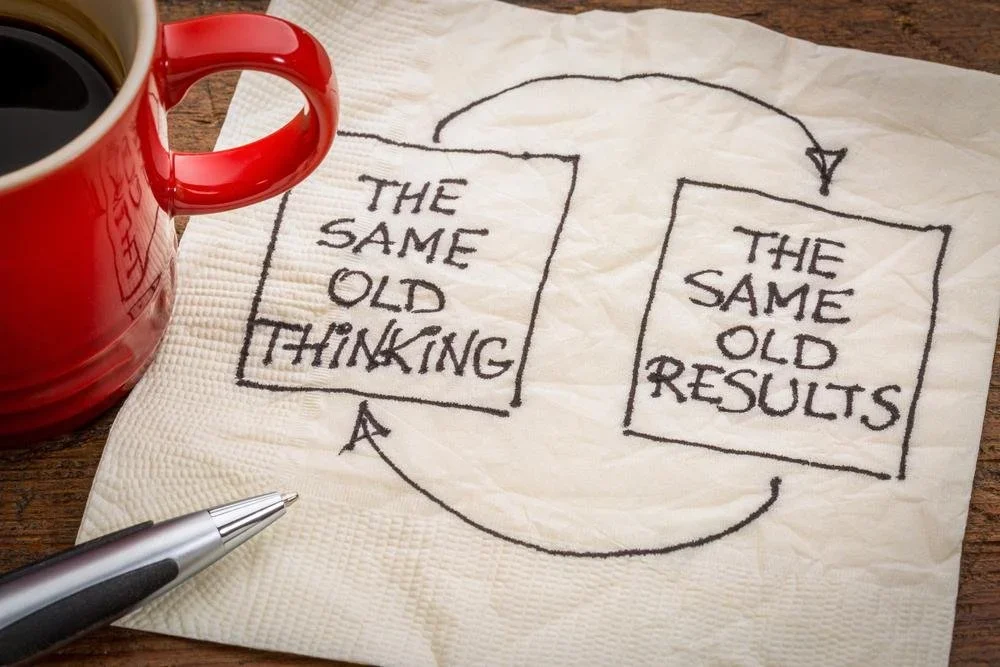Alisa Simeral
“When leaders grow, teachers grow. When teachers grow, students grow. In schools, success is ALWAYS collective.”
What if everyone held the title of ‘LEARNER’ in our buildings?
What if the key to transforming our schools
isn’t changing teachers - but understanding them?
Leaders often find themselves trapped between heavy-handed compliance tactics and hands-off peace-keeping measures when leading reform —both equally ineffective. Everything changes when we understand the difference between pedagogy (how children learn) and andragogy (how adults learn). Every teacher is a complex adult learner with decades of human experience, intrinsic motivations, and untapped potential. When leaders learn to apply andragogical principles to their leadership moves, things rapidly change. Resistant teachers become curious. Professional development transforms from imposed training to collaborative inquiry. Veteran educators work together, struggling teachers develop confidence instead of defensiveness. The energy once spent managing resistance now cultivates growth; and leaders discover that transformation was always possible—it just required working with human nature instead of against it.
What if the biggest barrier to change in our districts
isn’t budget or policy - but outdated thinking patterns?
The truth is simple: how we THINK drives what we do. Every stalled improvement effort can be traced back to mental models that no longer serve us. To shift thinking in adults, we begin by developing awareness around current beliefs, actions, needs, and outcomes. We then carefully introduce new ideas that are both grounded in research evidence and validated through practical experience, ensuring they resonate with adults' existing knowledge while challenging outdated assumptions. Next up is the development of specific skills needed to turn new beliefs into reality; and finally, we facilitate "mastery experiences"—opportunities where adults achieve success while applying this new thinking. These concrete victories provide evidence of growing capability and reinforce self-efficacy that sustains lasting change.




